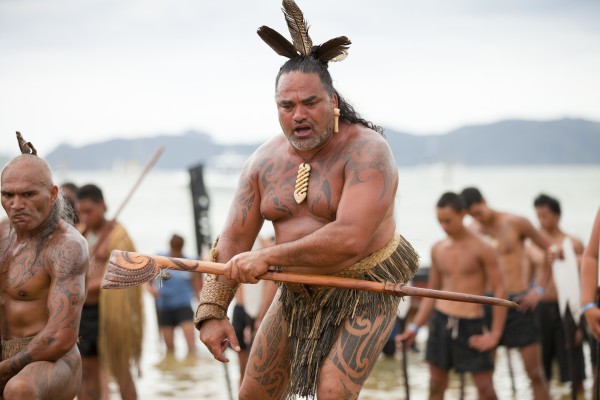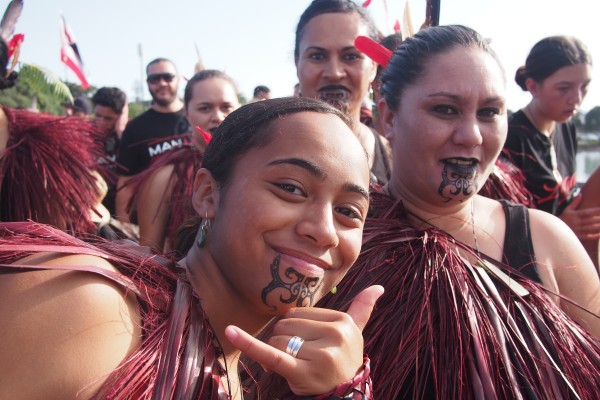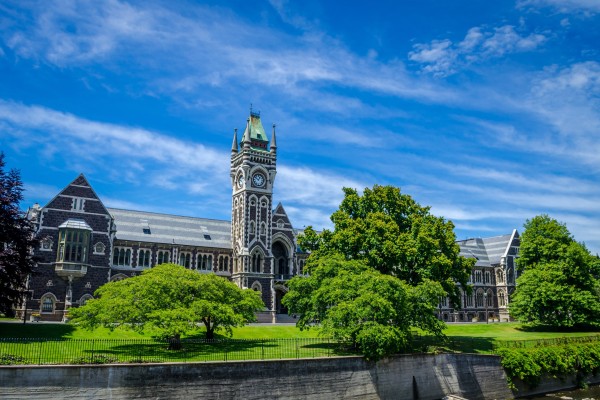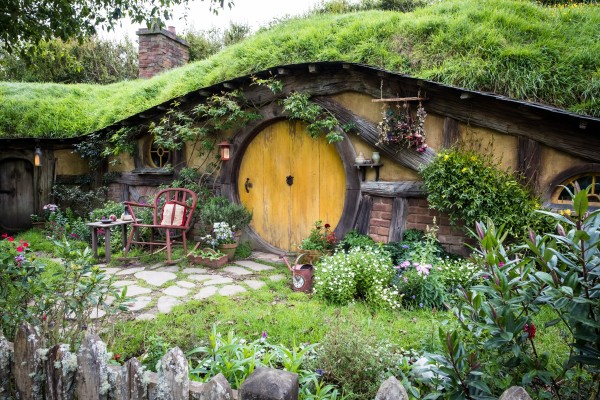Leading Ladies: The Evolution of Female Leadership in New Zealand


New Zealand is a land of stunning landscapes, natural wonders and rich cultural diversity, but that’s not all that’s remarkable about our country. It’s also a country with a strong history of female leadership and punches well above its weight when it comes to equality of the sexes.
From being the first country in the world to grant women the right to vote in 1893 to having three female Prime Ministers in less than thirty years, New Zealand has continuously paved the way for women in politics and power.
But what makes New Zealand a great place to be a woman leader? We explore why this small island nation has a strong tradition of female empowerment and highlight some of the exceptional women who have shaped its political landscape.
The New Zealand Women's Suffrage Movement
New Zealand's commitment to gender equality started far earlier than many other countries and can be traced back to a pivotal moment in history – the fight for women's suffrage. In 1893, New Zealand became the first self-governing country to grant women the right to vote.
A defining moment in New Zealand's suffragette movement was the presentation of the 1893 suffrage petition to Parliament. Kate Sheppard and her colleagues gathered signatures from women across the country, demonstrating overwhelming support for women's right to vote. The petition, with nearly 32,000 signatures. At the time, the population of New Zealand was estimated to be around 700,000 people.
Following the petition, the Electoral Act of 1893 was passed. The vote is even more significant because, although other territories had granted women the right to vote, New Zealand was the first country to grant full suffrage rights to women, regardless of race, marriage or societal standing.
New Zealand's suffrage legislation was a huge step forward for all women, including single women, indigenous women, and divorced women, the right to vote. The decision set a precedent that would go on to inspire suffrage movements around the world.
With such a strong focus on equality early on in its history, there’s little wonder that New Zealand has a history of strong female leadership in the 20th century.
Factors Contributing to Female Leadership
Several factors have contributed to New Zealand's strong history of female leadership:
Progressive Values: New Zealand has a long-standing tradition of embracing progressive values, including a commitment to social justice and equality. These values have laid the foundation for an inclusive political environment where women can thrive.
Educational Opportunities: The country's emphasis on education has empowered women to pursue higher studies and enter diverse fields, including politics. Access to education has played a crucial role in breaking down gender barriers and fostering a culture of meritocracy.
Inclusive Policies: New Zealand has implemented policies that actively promote gender diversity and inclusivity in various sectors, including politics. Initiatives such as quotas for women in political parties have helped bridge the gender gap and encourage female participation in leadership roles.
Leading Ladies of New Zealand
Kate Sheppard (1847-1934)
Often regarded as the face of New Zealand's suffrage movement, Kate Sheppard played a pivotal role in securing women's right to vote. Her tireless advocacy and leadership were instrumental in shaping New Zealand's progressive stance on gender equality.
Elizabeth McCombs (1873-1935)
Although Elizabeth McCombs is not a household name in New Zealand the way Kate Sheppard is, she holds the distinction of being the first female Member of Parliament in New Zealand’s history. She won a by-election in 1933, representing the Lyttelton electorate. Her election marked an important milestone in New Zealand's political history, opening the door for more women to enter the realm of parliamentary representation.
Dame Whena Cooper
A staunch defender of Maori land rights, Dame Whina Cooper's contributions have profoundly impacted the recognition and advancement of Maori rights in New Zealand. One of Dame Whina Cooper's most significant contributions to the Maori rights movement was her leadership of the Land March in 1975. The march saw Dame Whina, then in her eighties, leading a group of protesters on a 1,000-kilometer journey from the far north to the steps of New Zealand's Parliament in Wellington.
Dame Jenny Shipley (born 1952)
In 1997, Dame Jenny Shipley became the first female Prime Minister of New Zealand. Dame Jenny Shipley became the Prime Minister following the resignation of Prime Minister Jim Bolger. Her tenure marked another milestone in the country's history of female leadership.
Helen Clark (born 1950)
Helen Clark made history as the first elected female Prime Minister of New Zealand, serving from 1999 to 2008. Known for her strong leadership and dedication to social and economic reforms, Clark has been a trailblazer for women in politics globally. Clark's government implemented various social policy reforms, including the introduction of the Working for Families programme.
New Zealand signed the Kyoto Protocol during her tenure, committing the country to reducing greenhouse gas emissions. Under Helen Clark's leadership, the Labour Party won three consecutive terms in office, from 1999 to 2008.
Georgina Beyer (1957-2023)
Georgina Beyer made history by becoming New Zealand's first openly transgender Member of Parliament. Elected in 1999, Beyer, a former mayor of Carterton, served as the Member of Parliament for the Wairarapa electorate. Her groundbreaking achievement marked a significant milestone for transgender representation in politics globally. Georgina Beyer's political career has been marked by advocacy for LGBTQ+ rights, social justice, and inclusivity.
Jacinda Ardern (born 1980)
Jacinda Ardern has earned international acclaim for her compassionate and effective leadership. Ardern's handling of crises, such as the Christchurch mosque shootings and the COVID-19 pandemic, has solidified her reputation as a formidable leader. Under her leadership, the Labour Party won two terms, with Jacinda Adern stepping down as Prime Minister in 2023.
Ardern also became the first woman in the country's history to give birth while in office. She gave birth to her daughter, on June 21, 2018. This highlighted Ardern's role not only as a political leader but also as a trailblazer for women in leadership, breaking barriers and challenging traditional expectations regarding the intersection of motherhood and political office. Jacinda Ardern's experience drew international attention and sparked discussions about women's representation and work-life balance in leadership roles.
New Zealand's commitment to gender equality and women's empowerment is deeply embedded in our history and culture. From the pioneering suffragists of the late 19th century to the contemporary leaders shaping the nation today, New Zealand continues to serve as a beacon for women in leadership roles. As the country celebrates its legacy of female empowerment, it also looks towards a future where more women will contribute to the nation's growth and progress.
What do our customers say?


For every (wise)move




























